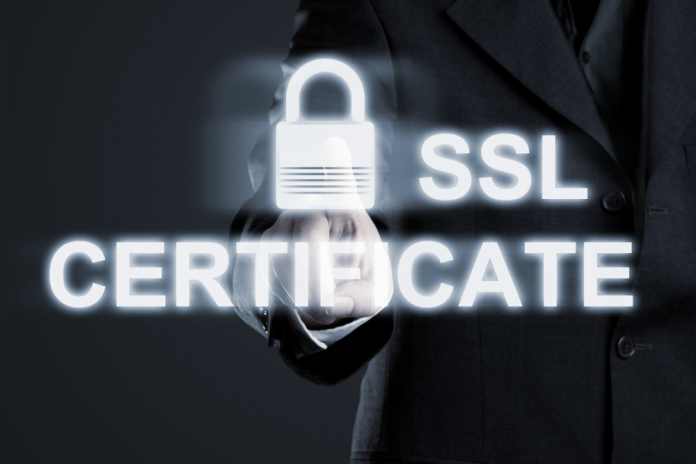Owning an SSL certificate for your organization’s website is just the first step in consolidating your digital security strategy. In order to get the most value from your digital certificates, they must be properly managed and supported by strong cybersecurity policies. Improper certificate management might leave your organization open to dangerous cyberattacks, site outages, and potential revenue losses.
Best Tips for Improving Certificate Management in your Network
Here are a few simple tips to help you optimize your certificate management strategy within your organization.
1. Use a Certificate Manager
This is the simplest and most important step you can take to improve your certificate management processes. A certificate manager is a platform that helps you handle multiple SSL certificates and keep track of their validity periods. Automated certificate management is less time-consuming and error-prone than manual management, and it ensures your websites are always protected.
A certificate manager also helps monitor the issuance, usage, and regulation of your SSL certificates, and makes the digital security administration process much easier.
2. Create a Digital Security Strategy
Digital security is much easier when there are laid out protocols to deal with situations as they arise. As your organization implements more digital infrastructure, you should develop a plan for securing your data and that of your customers. This plan is a digital security strategy and having one puts you in a better position to solve security problems and prevent cyberattacks.
This strategy should encompass all the technologies you are currently using and those you intend to adopt in the future such as all of your digital certificates. This will also help your cybersecurity manager identify the key areas of focus, as well as potential vulnerabilities.
3. Share Responsibility
In smaller organizations, one employee is usually in charge of the company’s cybersecurity strategy. In practice, however, this is not a good idea, especially in larger organizations with multiple websites and different types of SSL certificates.
Ensure that multiple individuals are included in your company’s digital security team, and that important notifications and emails are forwarded to all members of the team, not just one individual.
This will help bolster your digital infrastructure security, and make sure your site is not disrupted by absences, human error, and corporate restructuring.
4. Centralize Whenever Possible
It is a lot easier to handle multiple certificates if they are located and managed from one central platform, as opposed to several certificates being distributed throughout an organization and its teams. Thus, it is a good idea to keep as much data in the same place as possible.
Obtain all your SSL certificates from the same provider, as this simplifies the renewal, verification, and issuance process. Also, using a certificate management platform allows you to monitor all your digital certificates from the same dashboard.
5. Keep Track of Certificate Expiry Dates
Digital SSL certificates have an expiry date, and they must be renewed. Failure to do so means you will be at risk of cyberattacks or your website might be blocked by the client’s browser.
A certificate manager is by far the easiest way to monitor the validity of your certificates, as it will renew them automatically when they expire.
Managing Your Website Certificates More Efficiently
Certificates are a passive form of protection for your website but you have to actively maintain them. There are a lot of steps involved in this but the most comprehensive and best option is to use a certificate manager. This helps you automate things like renewing your certificates and issuance of new certificates.
Other Technical Reviews:- Reviews












